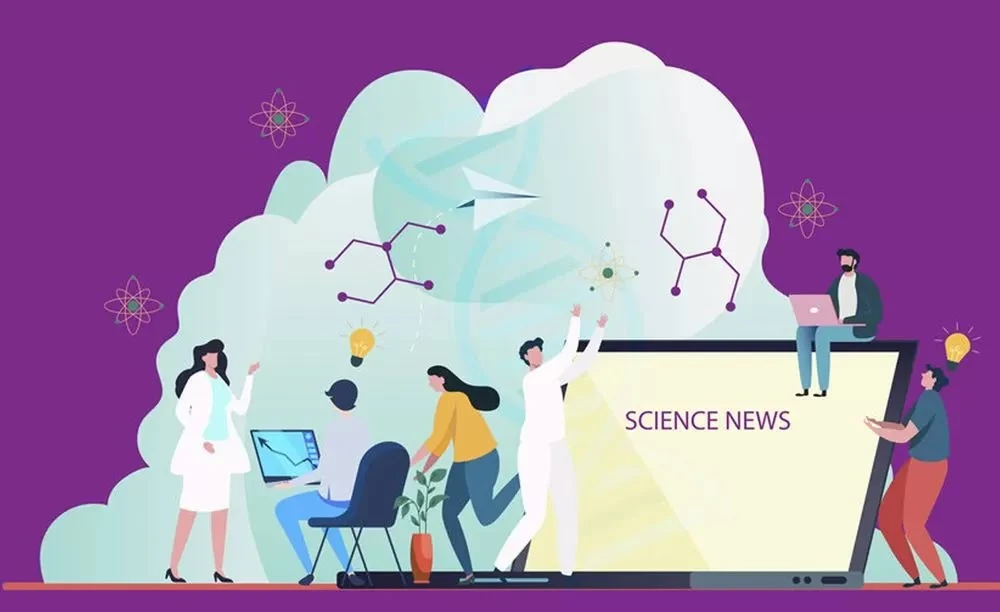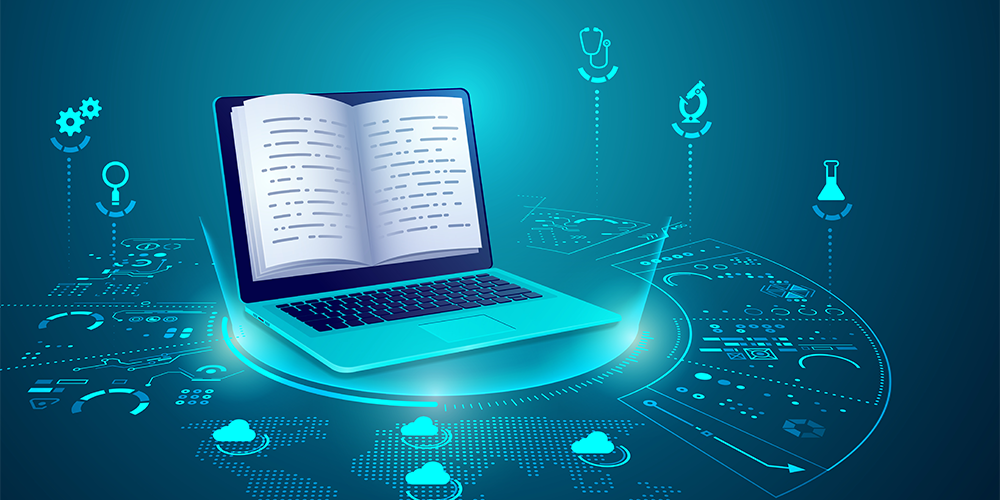
The Digital Classroom: A New Era of Learning Educational technology
Educational technology has transformed the traditional classroom, offering innovative tools and resources that enhance the learning experience. From interactive whiteboards to virtual reality simulations, technology is revolutionizing the way students learn and teachers teach.
Benefits of Educational Technology
- Personalized Learning: Educational technology allows for personalized learning experiences, tailoring instruction to the individual needs and pace of each student.
- Engaging Learning Experiences: Interactive tools and multimedia content can make learning more engaging and enjoyable, capturing students’ attention and motivating them to learn.
- Enhanced Collaboration: Technology fosters collaboration among students, enabling them to work together on projects and share ideas.
- Access to Information: Students can access a wealth of information and resources online, expanding their knowledge and critical thinking skills.
- Remote Learning: In times of crisis or for students with special needs, educational technology enables remote learning, ensuring continuity of education.
Key Technologies Shaping Education
- Learning Management Systems (LMS): LMS platforms provide a centralized hub for course materials, assignments, and communication between teachers and students.
- Interactive Whiteboards: These interactive displays enhance classroom engagement by allowing teachers to share multimedia content and collaborate with students.
- Virtual and Augmented Reality: Immersive technologies like VR and AR can transport students to different worlds and historical periods, making learning more tangible and exciting.
- Mobile Learning: Mobile devices, such as smartphones and tablets, provide access to educational content and apps anytime, anywhere.
- Artificial Intelligence (AI): AI-powered tools can personalize learning experiences, automate tasks, and provide intelligent tutoring.
Challenges and Considerations
While educational technology offers numerous benefits, it’s important to address potential challenges and consider ethical implications:
- Digital Divide: Ensuring equitable access to technology for all students is a critical challenge.
- Teacher Training: Teachers need adequate training to effectively integrate technology into their classrooms.
- Screen Time and Health: Excessive screen time can negatively impact students’ physical and mental health.
- Data Privacy and Security: Protecting student data is paramount, and schools must implement robust security measures.
The Future of Educational Technology
The future of education is bright, with exciting advancements in educational technology on the horizon. Emerging technologies, such as artificial intelligence and blockchain, have the potential to revolutionize the way we learn and teach.
As educational technology continues to evolve, it is essential to strike a balance between technological innovation and human connection. By leveraging technology responsibly and thoughtfully, we can create a future where education is accessible, engaging, and empowering for all.





